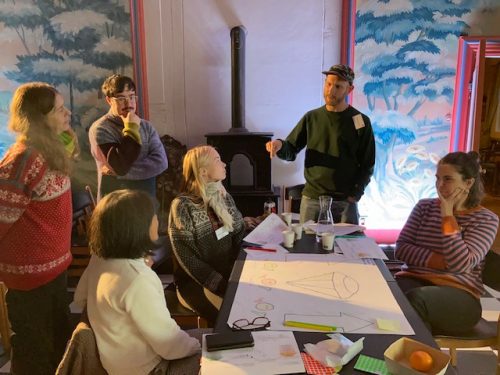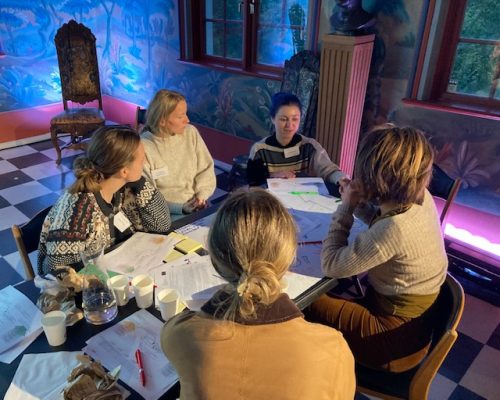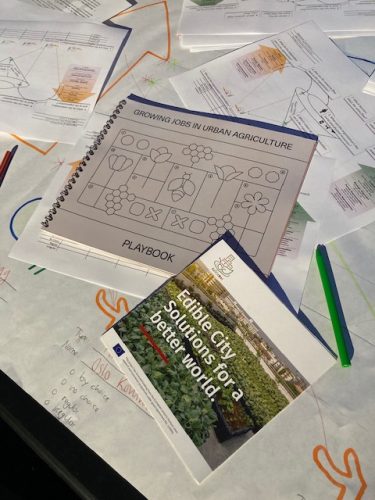Food isn’t just fuel – it connects us all.
Whether it’s in the form of urban agriculture initiatives, underground or rooftop farms, community gardens or healthy cooking workshops, millions of city dwellers around the world are already bringing the food they eat closer to the cities they live in, and bringing people together at the same time.
How can we make sure that these kind of interventions, products and services – that are contributing to the development of sustainable, green, healthy and liveable cities – get the recognition they deserve, flourish, and multiply around the world? In short, how can we make our cities more edible?
In the run up to this year’s World Cities Day on October 31st we’re doing that with a hashtag: #EdibleCitySolutions!
#EdibleCitySolutions is a month-long social media campaign organised to celebrate World Cities Day 2021 (October 31st) and raise awareness for the positive ecological, social and economic impact of green urban food system innovation. Want to join us? It’s easy! From October 18 to November 12, share an image of food system innovation in your city on your Twitter or Instagram profile – and tag it using the hashtag #EdibleCitySolutions.
The #EdibleCitySolutions initiative is organised by the following projects, that are all working together to make cities more sustainable:
How are they doing that? By designing and implementing concrete examples of food system innovation in cities around the world.
Many of these food system innovations are green, nature-based solutions – like urban food forests or green walls featuring edible plants – inspired by and working in harmony with nature. As well as strengthening local food provision in cities, they also help tackle a whole range of different ecological challenges, including improving air quality, boosting biodiversity, reducing the risk of flooding and lowering temperatures by fighting the heat island effect.
Just as many have an inclusive and participatory nature – like school gardens and community kitchens – and thus help tackle social challenges too, by improving well-being and social cohesion, involving and generating opportunities in socially-marginalised communities and fostering a sense of belonging in cities.
And last but not least, food system innovations can also help tackle economic challenges too and support a local green economy, by creating dynamics for new green businesses and jobs –with businesses selling products grown in urban farms, offering composting services or even organising events in community garden spaces.
Follow the hashtag #EdibleCitySolutions on Twitter and Instagram to discover some of the sustainable food systems innovations being implemented by these different projects and explore the ways that they are not only making our cities greener and healthier, but also – by bringing communities together – make them more socially resilient too.
EdiCitNet, proGIreg, Network Nature, UnaLab, IN-HABIT, CLEVER Cities and CLEARING HOUSE have all received funding from the European Union’s Horizon 2020 Research and Innovation Programme.




